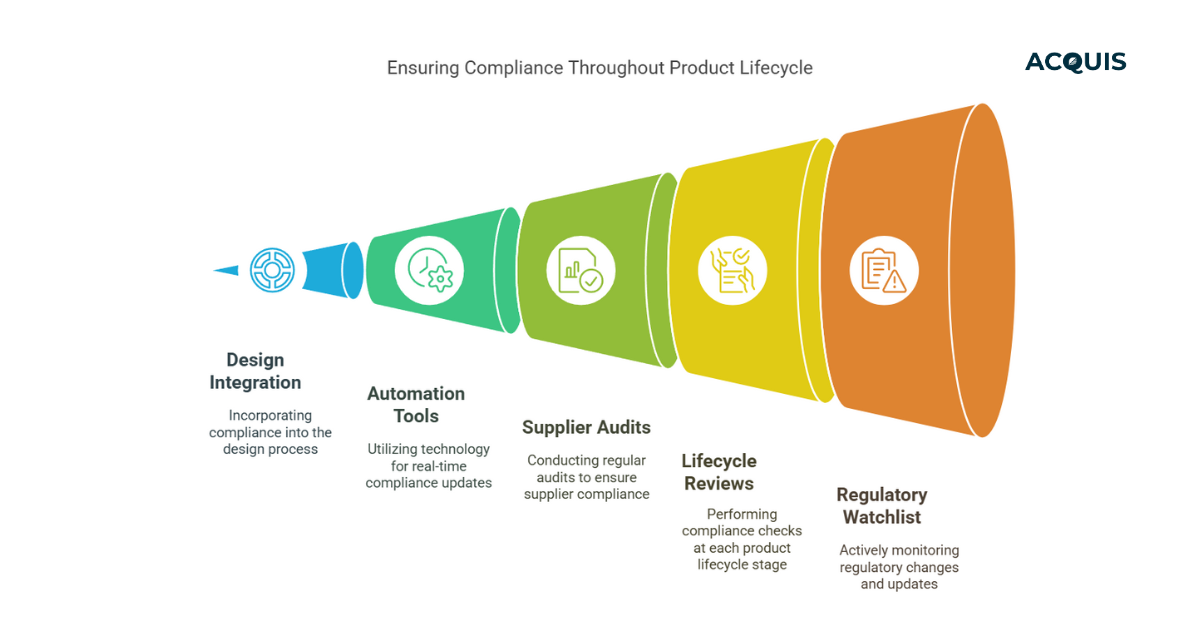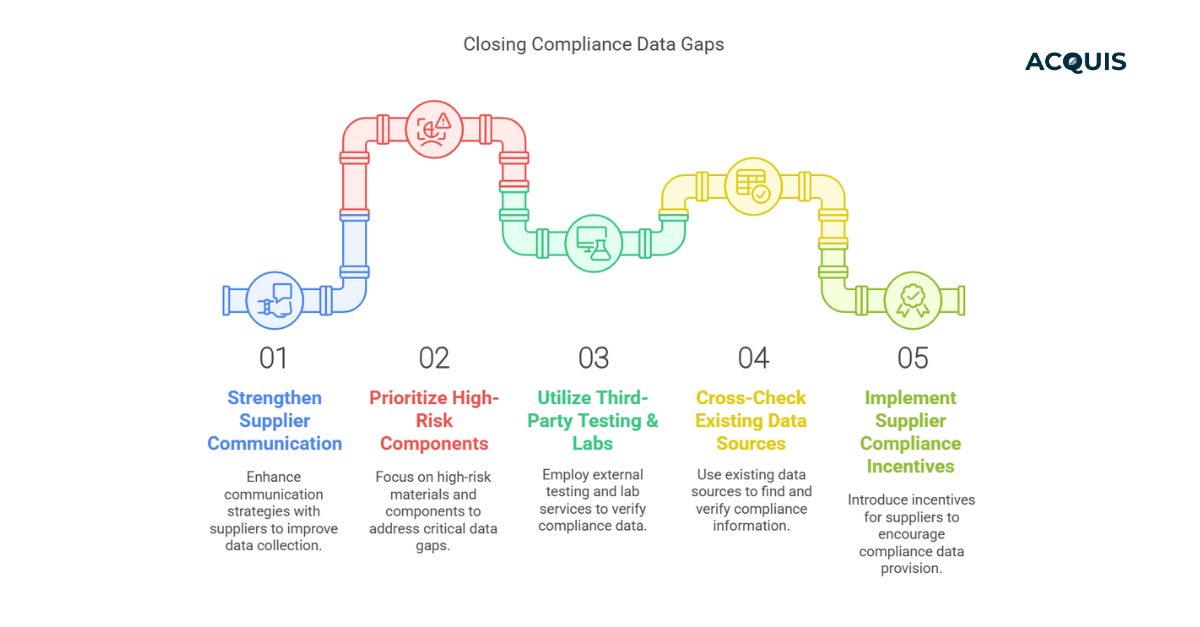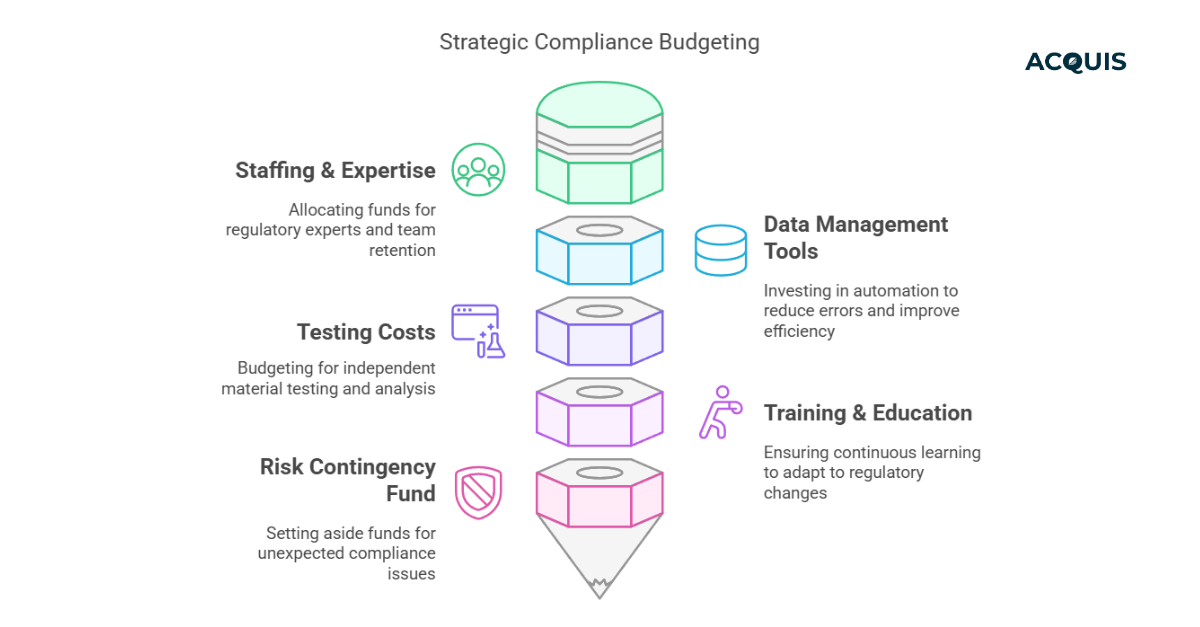Table of Contents
In an era where consumers are increasingly aware of the ingredients in their beauty products, Washington State has taken a pioneering step to ensure safer cosmetics for its residents. The Toxic-Free Cosmetics Act (HB 1047), passed in 2023, aims to eliminate harmful chemicals from cosmetic products, marking a significant milestone in public health and consumer safety.
The beauty industry has long been scrutinized for the inclusion of potentially hazardous chemicals in its products. With growing evidence linking these chemicals to serious health issues, including cancer and reproductive harm, there has been a mounting call for stricter regulations.
What is the Washington’s PFAS Toxic-Free Cosmetics Act?
The Toxic-Free Cosmetics Act (HB 1047) was passed by Washington's legislature and signed into law by Governor Jay Inslee. The act specifically targets a range of toxic chemicals commonly found in cosmetics, aiming to prohibit their use to protect consumers.
Key Provisions of the Toxic-Free Cosmetics Act:
- Banned Chemicals: Starting January 1, 2025, the act bans the manufacturing, sale, and distribution of cosmetic products containing the following chemicals:
- Ortho-phthalates
- Perfluoroalkyl and polyfluoroalkyl substances (PFAS)
- Formaldehyde and chemicals that release formaldehyde
- Methylene glycol
- Mercury and mercury compounds
- Triclosan
- m-Phenylenediamine and its salts
- o-Phenylenediamine and its salts
Intentionally added lead or lead compounds at levels of one part per million (ppm) or above
-
Retailer Provisions: Retailers are allowed to sell their existing stock of affected products until January 1, 2026, giving them time to transition to compliant products.
-
Support for Small Businesses: The Department of Ecology, in consultation with the Department of Health, will implement initiatives to support small businesses and independent cosmetologists in transitioning to safer products. This includes providing technical assistance, resources for chemical hazard assessments, and financial incentives.
-
Rulemaking and Enforcement: The Department of Ecology is authorized to adopt rules for implementing and enforcing the act. Manufacturers found in violation can face civil penalties up to $5,000 for the first offense and up to $10,000 for repeat offenses.
Supporting Small Businesses in Washington’s PFAS Toxic-Free Cosmetics Act
Recognizing the potential burden on small businesses, the act includes provisions to support these enterprises in transitioning to compliant products.
The Department of Ecology's initiatives will help small manufacturers and beauty salons by providing:
- Technical Assistance: Guidance on reformulating products and obtaining certifications.
- Resources: Access to information and tools for conducting chemical hazard assessments.
- Financial Incentives: Programs to help cover costs associated with switching to safer products.
Looking Ahead: A Safer Future
Washington's Toxic-Free Cosmetics Act is a significant step forward in the movement towards safer beauty products. It sets a high standard for cosmetic safety, encouraging other states and countries to consider similar measures. As consumers become more informed and demand safer options, the beauty industry will need to adapt, leading to a healthier future for everyone.



